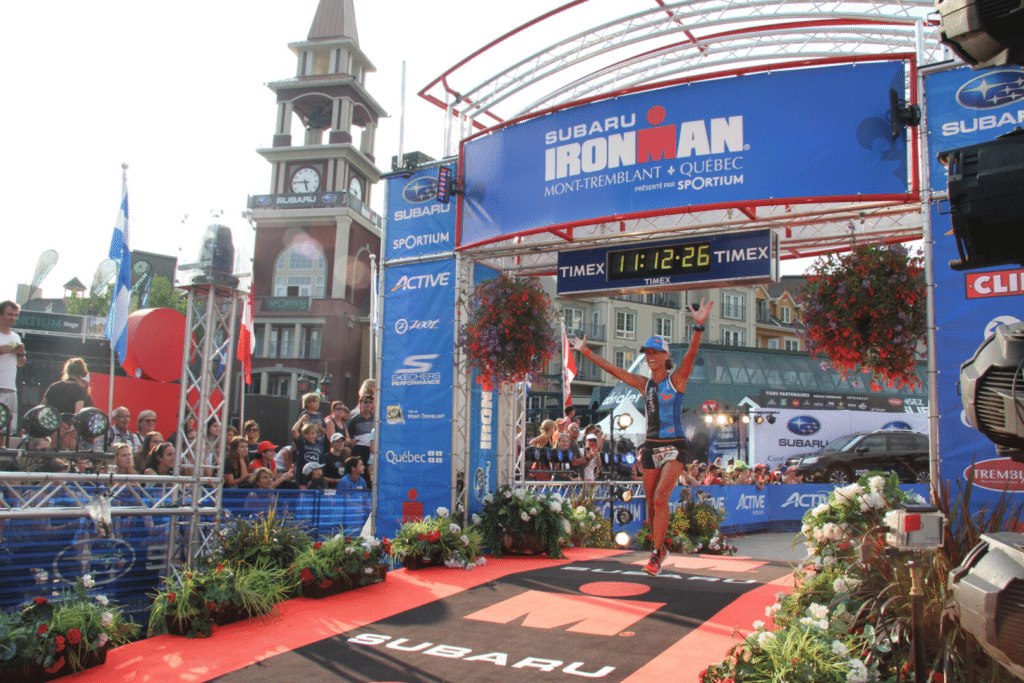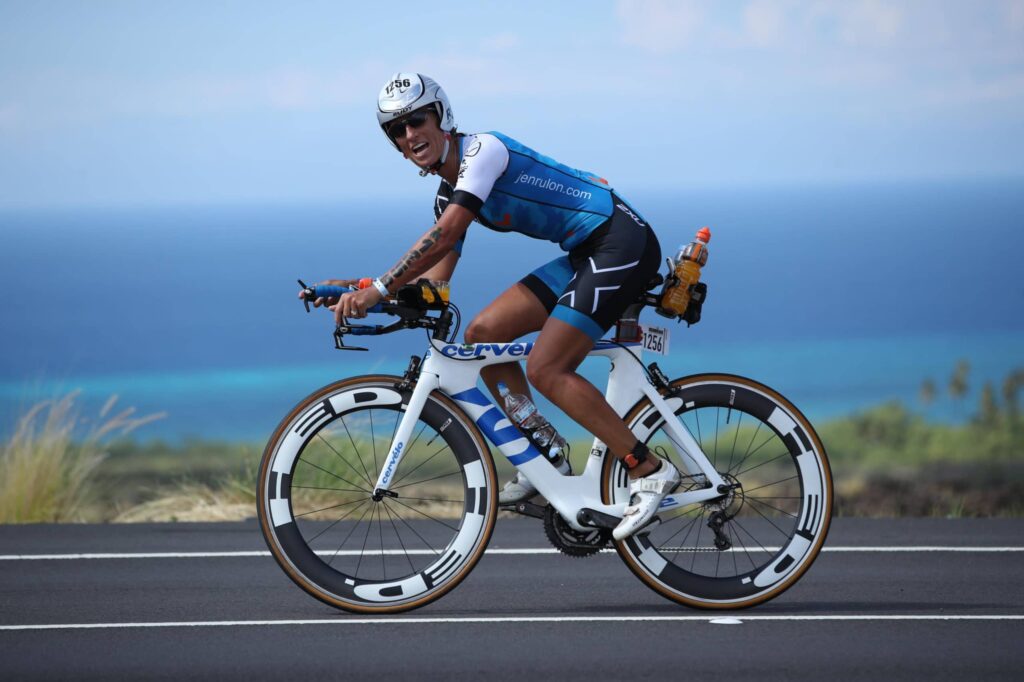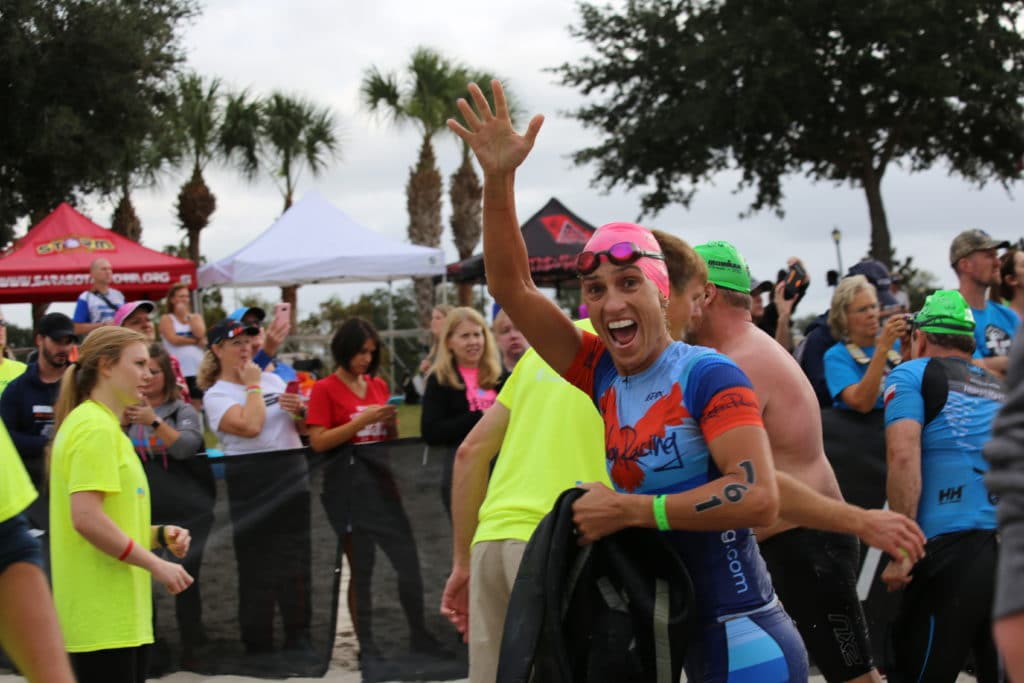
As a coach, I see athletes building physical strength through swimming, biking, running, and lifting. But how often do you actively work on strengthening your mind for race day? While physical training is crucial, the mental aspect often determines whether you thrive or falter during a race.
Common Negative Narratives
Have you caught yourself or heard others saying things like:
These statements might seem harmless, but they shape your reality. When you repeatedly tell yourself these things, your mind and body believe them. Over time, this mindset can lead to overtraining, burnout, or injury because you’re trying to compensate for perceived inadequacies.
But what if you could flip the script and harness the power of mental imagery and positive self-talk to change the game?

Mental imagery is the practice of visualizing yourself performing a specific activity with all your senses engaged—sight, sound, touch, and even smell. It’s like mental rehearsal for success.
Here’s how I approach mental imagery for my races:
“Swim strong! I place myself in the middle of the 1:10 group. I hook onto a couple of athletes’ feet, feeling fast and smooth.”
“Bike smart! Stay focused. Don’t get distracted by the scenery. I’m strong, motivated, and riding according to my power plan.”
“Run like Pac-Man! This is my strength. I’ll pick off competitors one by one. I can hold this pace the whole time.”
“I cross the line under 11 hours, hearing the announcer say, ‘Jennifer Rulon, YOU. ARE. AN. IRONMAN!’”
By visualizing success, I train my mind to expect it—and the body follows.

Replacing negative self-talk with positive affirmations might sound simple, but it’s often one of the hardest skills to master. Your internal dialogue shapes your mindset, which directly affects your performance.
Let’s rewrite some common negative thoughts:
Negative: “I suck at swimming.”
Positive: “I’ve been working hard on my swim. I’ll make the cutoff with confidence!”
Negative: “This hurts.”
Positive: “This is my chance to get stronger. Discomfort is growth.”
Negative: “My run is so slow; I’m a turtle.”
Positive: “My run is improving daily. I’m pacing like a cheetah!”
Negative: “My race was terrible.”
Positive: “This was my second triathlon. I finished strong, stayed injury-free, and crossed the line with a smile.”
By choosing empowering language, you cultivate a mindset that not only embraces challenges but thrives in them.

Mental strength doesn’t develop overnight—it starts in training, long before race day. Incorporate mental imagery and positive self-talk into your routine:
During long races like an Ironman or 70.3, your internal dialogue can make or break your performance. Train your mind to be your greatest ally, and you’ll find yourself stronger—both mentally and physically.
Remember, the key to success isn’t just in the miles you log but in the stories you tell yourself along the way. Start shaping a winning mindset now, and watch how it transforms your racing experience.
You’ve got this.